The 2023 NEH Summer Institute, The Immigrant Communities of Florida and José Martí in Cuban Independence and the Dawn of the American Century, seeks to heighten awareness of how immigrant communities have helped usher in political transformations both at home and abroad and to accentuate the rich and complex cultural world established by the Cuban, Sicilian and Spanish immigrants around the cigar industry in turn-of-the-century Florida. An important and often overlooked aspect of that community was its political activism both domestically, in the struggle for labor and immigrant rights, and internationally, as a crucial component of the organization and funding of the Partido Revolucionario Cubano , or Cuban Revolutionary Party, which under the leadership of José Martí would serve as the vehicle for Cuban independence. While Ellis Island rightfully endures as a symbol of the transformative effect of immigration in America, the story of Key West, Tampa and Ybor City provides an extraordinary case study not only of one particular immigrant community but of a whole range of issues that intersect at this place in time: issues regarding national identity, labor rights, political action, revolutionary ideology, postcolonial struggle and U.S. foreign policy and military intervention in Latin America and beyond. The study of this remarkable convergence will provide participants with an ample, interdisciplinary array of topics to explore and incorporate into their work as teachers and scholars.
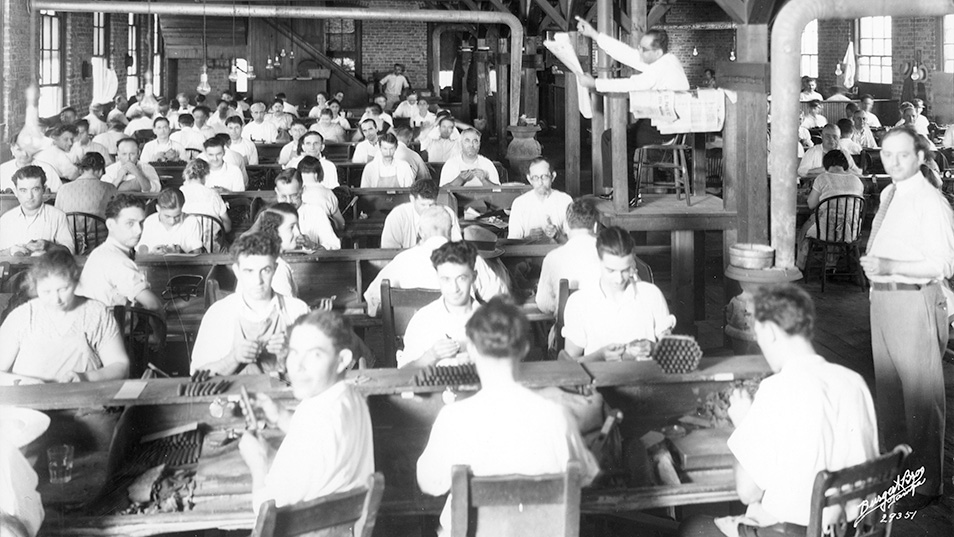
This institute aims to accentuate the rich and complex cultural world established by the Cuban, Sicilian and Spanish immigrants around the cigar industry in turn-of-the-century Florida. Photo courtesy of the Tampa-Hillsborough County Public Library System
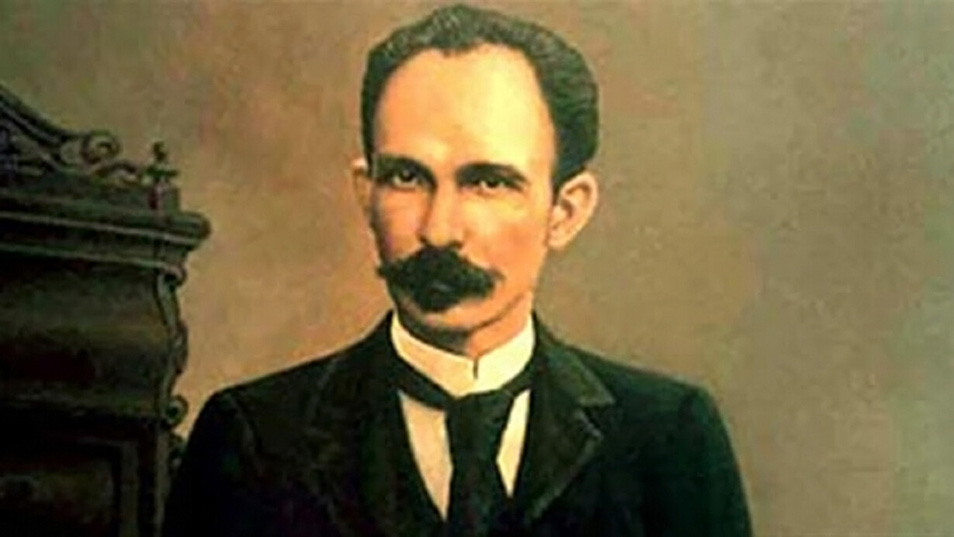
A key figure in this historical convergence is José Martí, the extraordinarily prolific writer and activist who would become the intellectual leader of Cuban independence.
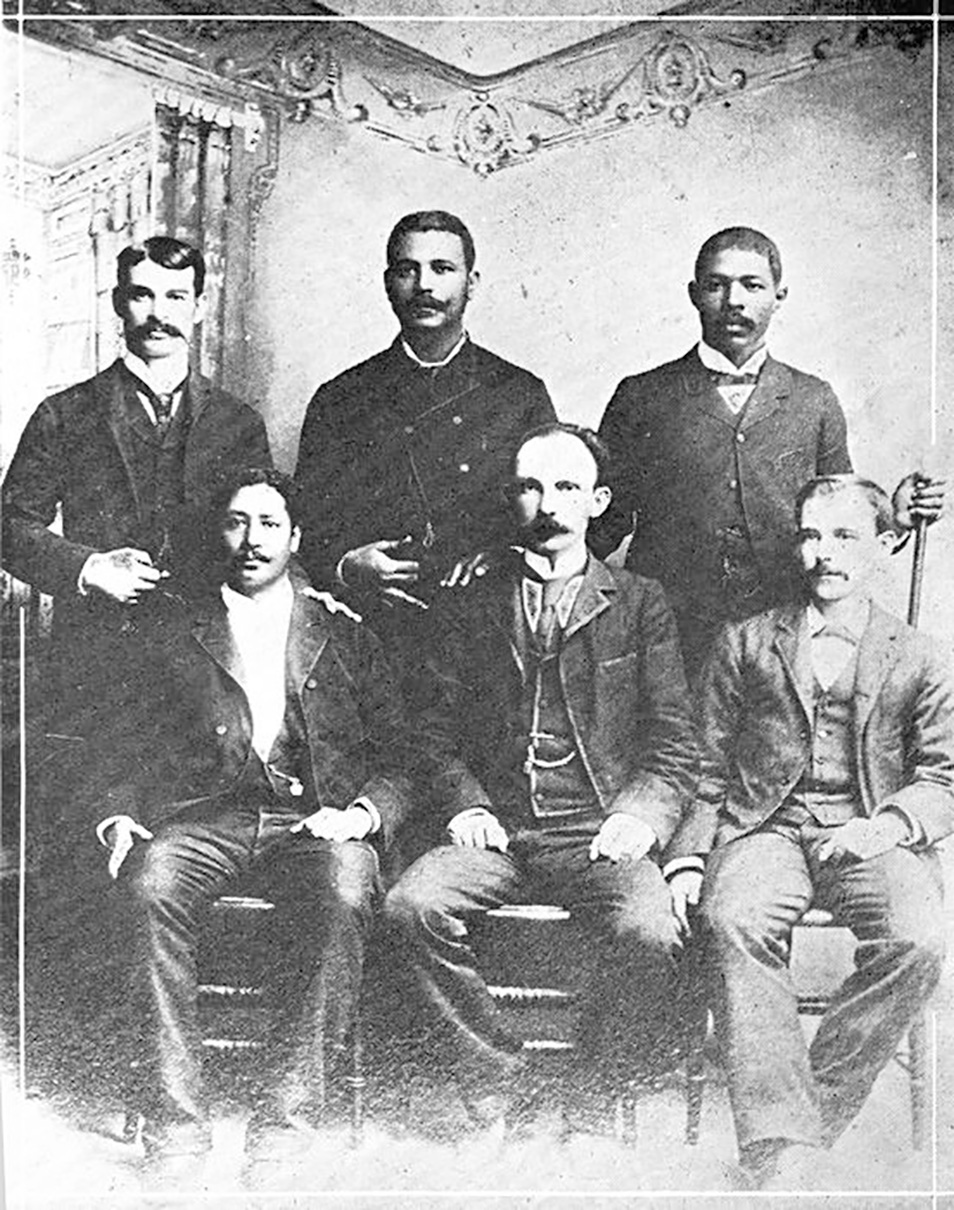
The immigrant communities of Tampa and Key West were fundamental to the evolution of Martí’s political thought concerning both the U.S. and the envisioned future Cuban republic.
A full understanding of this history must take into account the experiences and influence of these immigrant communities, which occupied a unique space between the U.S., their adopted home, and Cuba, the home they were forced to abandon but to whose liberty and sovereignty they remained intensely devoted. For this reason, a key component of the Institute will be to critically reevaluate these communities, to identify and debate their internal conflicts and contradictions, to look beyond the hagiography of Martí and reassess his key writings in light of the political and social realities they sought to address, and to enter into a constructive and enlightening dialogue with the many intersecting notions of identity that arose and were debated in these communities during this seminal period.
Institute Expectations
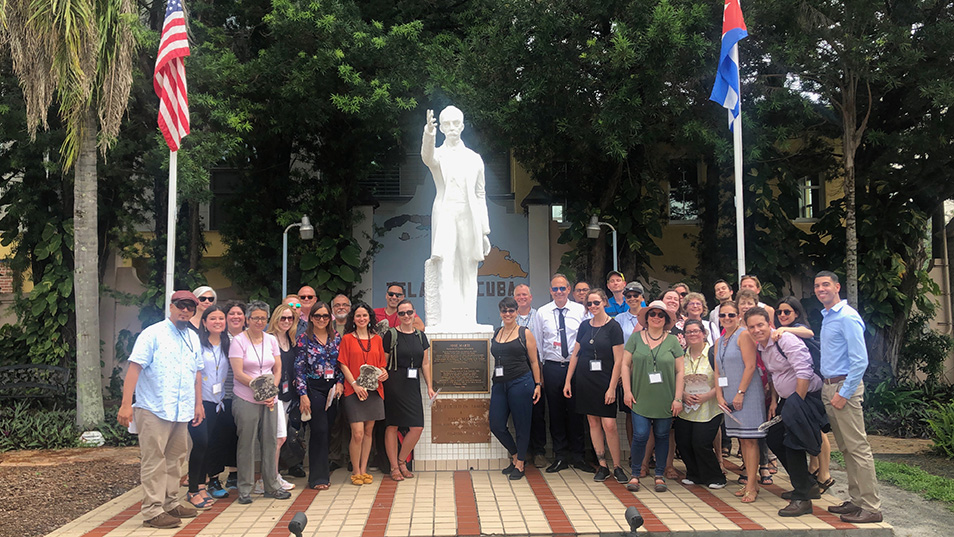
In addition to the expertise brought by our visiting faculty, the Institute will engage more directly and intimately with the legacy of these immigrant communities through direct contact with their material culture via site visits and guided tours to cigar factories, mutual aid societies, preserved homes and historic neighborhoods.
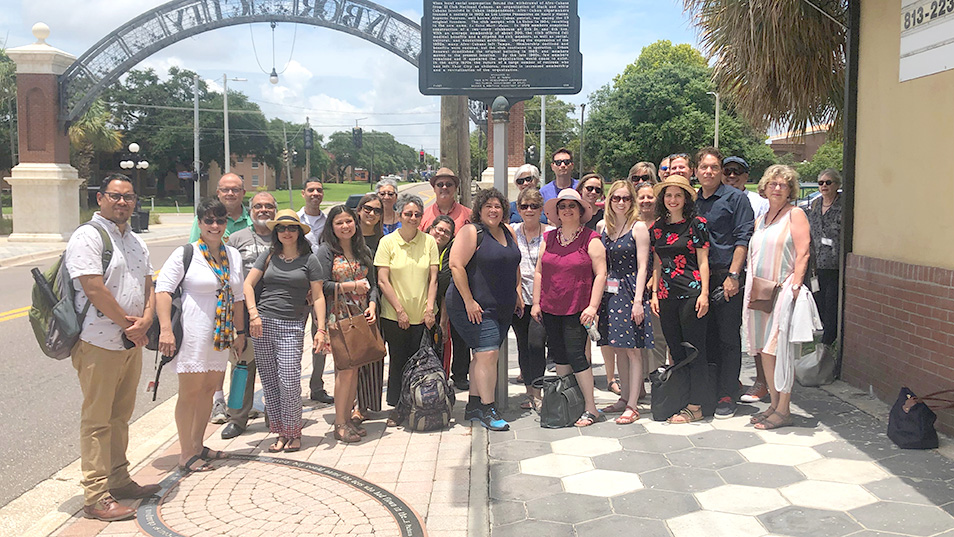
This is the second time this institute will be hosted. The first was in 2019.
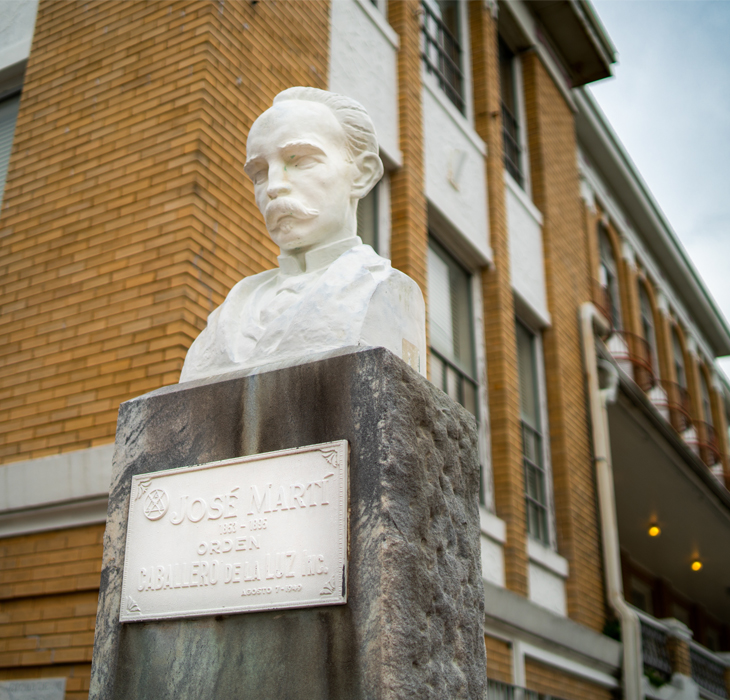
Participants will have access to important local archives such as the Ybor City and West Tampa Collections and Cuban Wars of Liberation/Spanish-American War Collections at the University of South Florida Special Collections, the Tampa Bay History Center Archives and the Ybor City State Museum.
In addition to instructors of U.S. history, Latin American and Caribbean/Cuban studies and related areas, this institute will also be of special value to instructors of Hispanic language and literature. Since many of the readings for the Institute were originally published in Spanish, and José Martí and the cigar workers of Ybor City are frequent topics of study in language and culture courses at the university level, participants interested in preparing research projects and/or course modules in Spanish will have the full support of the co-directors and visiting faculty, all of whom are fluent in Spanish, and many of whom have experience teaching in foreign language programs.

